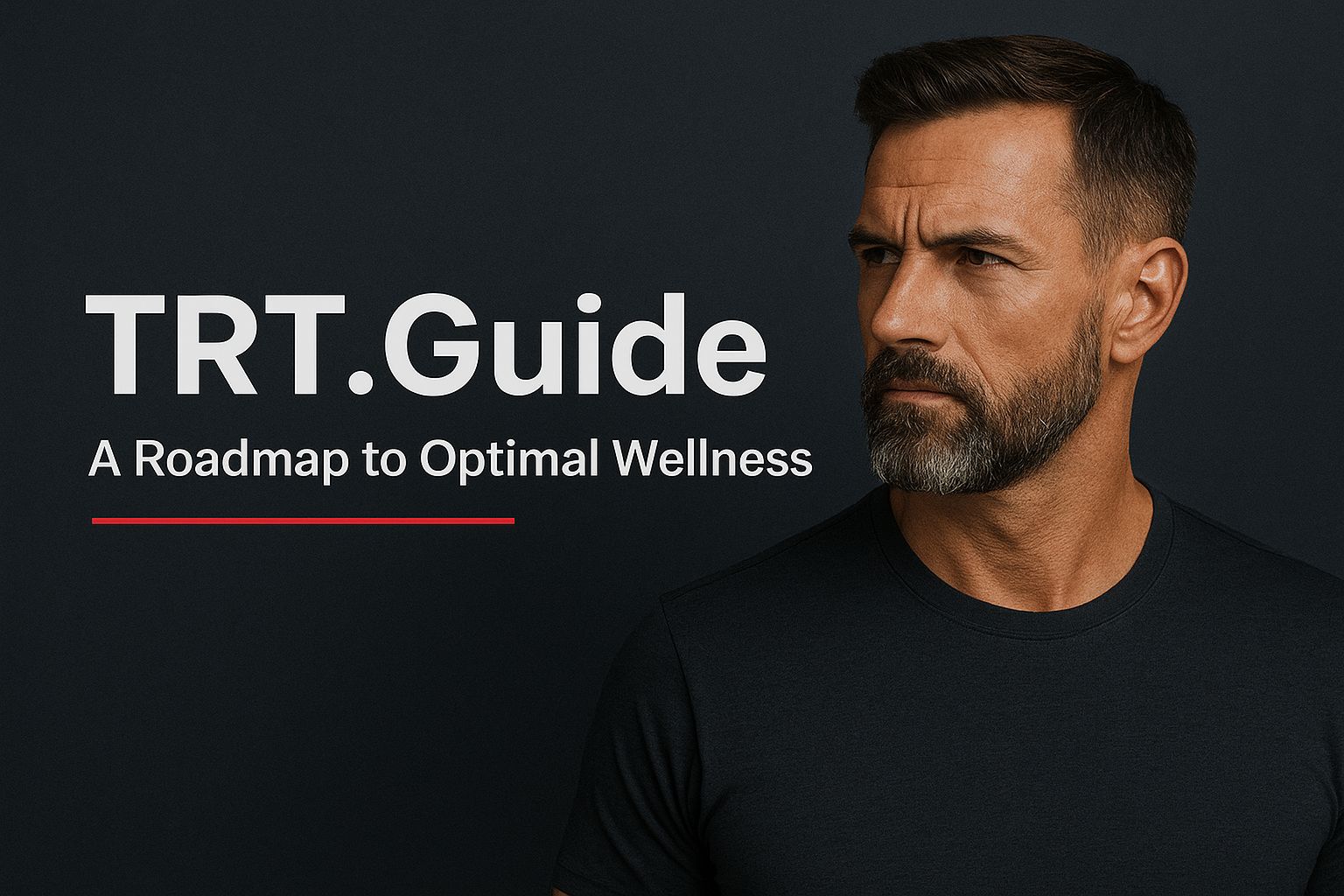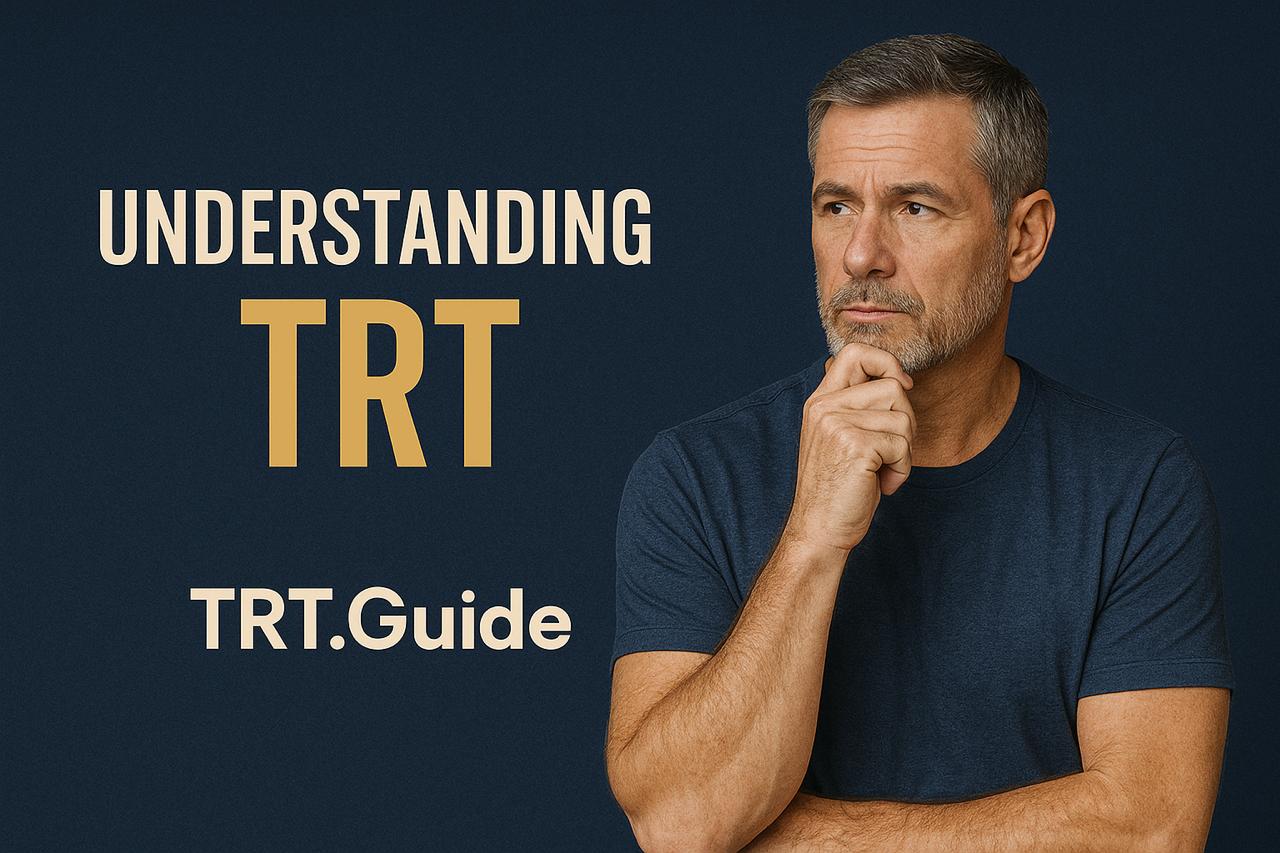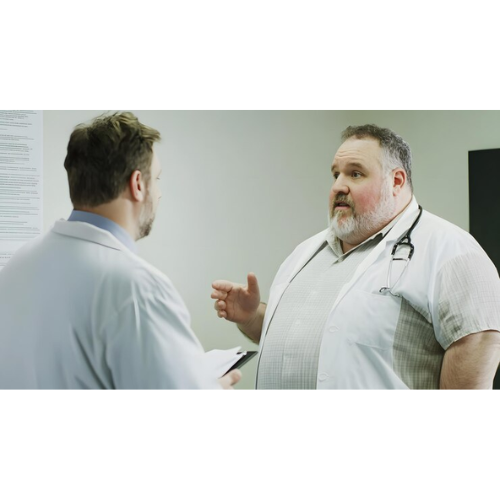Weight gain during testosterone therapy treatment for both people taking testosterone and their friends is not an extraordinary thing. It’s just that the vast majority are not able to understand that it seems illogical due to the fact that testosterone equals muscle growth and redoxes fat. Hence, the matter of the scales reading more than it should.
The knowledge of the causes of such a situation can make you more active in the process of your therapy. The approached hormonal modification, your lifestyle activities, and even the food that you consume are elements that significantly introduce testosterone into your body. Hurry! Check on these, and you will be the first to participate in your health plan and be the best decision-maker in your therapy journey.
Insight into Testosterone Therapy
Testosterone therapy addresses low testosterone levels, often enhancing overall health. Nevertheless, understanding the therapy’s mode of operation and its effects is vital in mitigating potential weight increases.
What Is Testosterone Therapy?
Taking in additional testosterone for individuals who are short of this hormone is known as testosterone therapy. It is possible to perform using a number of methods, among them being injections, patches, gels, and pellets. Such therapy is recommended by healthcare providers to alleviate symptoms such as weariness, abrupt changes in mood, and decreased sexual desire. The objective of the therapy by the concomitant growth of the testosterone level is to restore the hormonal balance. Through the process of hormone renewal, one can postulate a kinetic link between energy, strength, and mental health. It is strange however that the weight becomes the subject of that therapy.
How Does It Work?
Testosterone therapy involves infusing testosterone into your body. Red blood cell production, muscle mass growth, and fat distribution are among the changes that happen. Testosterone levels may cause modifications in metabolism that are known as metabolic shifts. The presence of more muscles will make the metabolic rate rise such that more calories will be used. Meanwhile, there are some changes in fat storage that can be caused by hormonal shifts, especially those in the abdominal area. Thus, individual factors like diet and exercise are also major contributing factors to your weight changes during therapy. Doing regular exercise and eating a balanced diet can make the therapy more effective, making it more manageable for you to lose weight.
Factors Influencing Weight Gain
Identifying the main reasons for gaining weight during testosterone treatment is critical to effectively managing your weight. Some of the factors are definitely the participation of hormones, a reshaping of the muscle, and fat composition, but also metabolic, and later on, appetite changes.
Changes in Hormones
The main one that has the most impact on the matter is certainly the fact that the testosterone therapy influence on the hormonal level. It messes with your body composition and, among other changes, can definitely be responsible for this. By increasing testosterone levels, there are additional likely changes in other hormones, for instance, cortisol, and insulin. It is a high possibility for cortisol to increase and, as a result, fat storage, especially in the abdominal …
Building Muscle Instead of Fat
Testosterone therapy can be quite helpful in terms of metabolism because it is the trigger of the muscle’s growth. Increase in muscle mass may in some cases hide an increase in fat, giving the impression that the scale is showing almost no change. Even though muscle weighs more than fat, the body can change its composition so that it may even appear to the person that there has been weight gain.
Additionally, the occurrence of a lack of control when the appetite increases and people start to eat more food with calories may also lead to fat gain. Thus, it is important to switch the focus from the changes in weight to the changes in body composition only which will allow to correctly assess the treatment efficiency.
Energy and Weight Loss
Testosterone therapy can definitely improve metabolic rate, but each person’s metabolism will experience a different reaction, so the outcome will be personal. In some cases, higher testosterone may generate a feeling of being more energetic and active thus greatly managing one’s weight. With the increase of energy intake, metabolism could slow down. This means that it is very important for people who receive testosterone therapy to be disciplined when it comes to separating the food in small portions and eating only a small amount of it.
Hypothetically, if one fails to manage the caloric intake, he will likely get a weight surplus despite the metabolic boosting. Observing the intake of food and drink as well as following an exercise program are necessary steps for getting the most out of the therapy.
Lifestyle Choices
Obtaining the desired weight when taking testosterone therapy is only possible through being cautious about the diet, exercise and the general health situation.
Eating Habits and Health
It is best to eat food that is natural, whole and healthy. When thinking about food, it’s worth mentioning that protein, such as peeled chicken meat, fish, beans, and dairy products, are necessary to support muscle growth.
As you’ve already understood, fruits and vegetables are a great way to get the vitamins and minerals that are essential for your body. The three things that contribute most to weight gain are reducing processed foods, eliminating added sugars and simple carbohydrates, and controlling portion sizes. Drinking water is also very important as adequate water quantity not only helps to cleanse the body’s organs but also keeps the metabolic rate high. It is also possible to really understand the points directly affecting the personal condition and thus get necessary meal plannings if you are willing to get in contact with a real food and nutrition specialist.
Exercise Habits
Devote a constant physical activity regime to effectively address weight control. One must include both aerobic and resistance exercises in this routine. Aerobic exercises, such as walking, running, and cycling, not only improve cardiovascular health but also help burn calories. By engaging in strength training workouts, one can create the muscle that will in turn increase the metabolism in the long run.
The aim should be for the tasks, both in endurance and strength, to be at least 150 minutes per week and for the strength workouts to be at least two sessions every week. Fun factor in the workout is essential since being motivated is so important. In addition to cardiovascular and strength exercises, being flexible and having a good balance is also an important part of fitness. Regular performance of various exercises has a positive effect on one’s health and may even prevent weight gain caused by the application of testosterone.
Other Medications and Health Conditions
Check whether other drugs you are taking or any sickness you currently have are contributing to putting on weight. Some of the drugs, for example, antidepressants or corticosteroids, may be a source of unexpected weight gain. The healthcare provider can not only evaluate but also make and introduce changes to the testosterone therapy should there be the case of drug-to-drug interaction.
Besides, please take into account possibly latent diseases, such as thyroid problems, which may change the rate of metabolism and body weight. One of the tips for a long-lasting weight control effect is to have regular health checks with your provider and to effectively communicate any new conditions or symptoms that may arise during the treatment that you are undergoing for your testosterone therapy.
Managing Weight During Testosterone Therapy
Controlling weight while undergoing testosterone therapy is possible if the correct methods are followed. Concentrating on reachable goals, good meal plans, and if one does not, the treatment should away from people that faces the dilemma of the right ways of losing weight, channeling energy to viable options, like realistic objectives, effective diet plans, and engaging in physical exercises can yield positive results.
Setting Realistic Goals
Just clear and practical goals not only motivate but also prevent frustration. It’s important to target specific and measurable aims such as losing 1-2 pounds per week or increasing muscle mass by a certain percentage. Realize that the changes in body composition can occur at unequal rates, and it could definitely be a reason for the normal fluctuations in your body.
Set both short-term and long-term goals but the beauty of this is that you can adapt them according to how you feel and the therapy’s effect on your body. Employ devices such as food diaries or apps for physical activities that can enable you to monitor your progress in managing weight. Regular evaluations can assist in determining the reasons you might not be progressing as hoped, like hormonal shifts or life choices. The collaboration of healthcare professionals will make it possible that your goals are consistent with your general health plan and with your therapy’s expectations.
Effective Diet Strategies
One of the most effective diet strategies is undoubtedly the proper handling of weight loss while going through the testosterone therapy phase. Categorize nutrient-dense foods into your meal plan which is mainly composed of proteins, healthy fats, and complex carbs. It is a good habit to add to your diet some of the following: lean meats, legumes, nuts, and whole grains, and avoid overeating. Junk food, food with added sugars, and unhealthy fats can all be restricted to cut excess calories. To control your intake of food and to give you some resistance in succumbing to your cravings, you can plan your meals ahead of time. You will also prevent yourself from getting easily lured by such unhealthy emergency food.
Additionally, drinking water is an easy way of controlling your intake of food and coupled with the fact that it can still keep your thirst at bay. A registered dietitian is the right person to offer you the most personalized nutrition advice that you need and reflect your health status and the goals that you target during your testosterone therapy in particular.
Incorporating Physical Activity
Addition of physical activity helps weight management and benefits the general health of the person undergoing testosterone therapy. Strive for a variety in your exercise program that includes both aerobic exercises (such as, walking, running, or cycling) and strength training activities. The target is to perform at least 150 minutes of moderate-intensity aerobic exercises on a weekly basis that can be complemented with two or more strength training workouts.
Do not forget to consider the consistency of your exercise routine at the same time you consider the fun factor. The maintenance of resistance training can lead to an increase in muscle mass, the reason being that muscles are good for consuming calories. Moreover, to reduce risks of injury and maintain overall health, engage in activities such as stretching or yoga for flexibility and balance. Remember that personalizing the plan and moving through adjustment after adjustment to increase the difficulty level are the keys to achieving the desired changes successfully.
Conclusion
Weight gain while on testosterone therapy may be disturbing, but you can benefit from this process by knowing the underlying reasons. The natural way of managing weight is through the proper diet and exercise routines as they ensure the therapy’s benefits while maintaining weight. In addition, establish reasonable goals in order to monitor and evaluate your progress and keep your motivation level high. Connecting with health professionals is also favorable and can elicit personalized guidance, suiting the individual’s needs. Lastly, strive to optimize your well-being while acknowledging the fact that the perfect balance might take some time to find.
Frequent Ask Questions
Why do people gain weight during testosterone therapy?
There are several factors that can cause weight gain in the course of testosterone therapy. The factors that lead to the emergence of obesity as a result of the therapy are shifts in hormonal balance, changes in appetite, and unevenly distributed fat tissue. The anabolic properties of testosterone can also lead to fat accumulation, as the hormone can break down fat in certain areas of the body. Not only the hormone, but also the person’s lifestyle, can significantly affect this process through a change in a diet, an increase in physical activity, etc.
How can diet affect weight management during testosterone therapy?
One effective strategy for weight control during testosterone therapy is a good diet comprising whole and nutrient-rich foods. Focus should be given to food sources, high in protein, while excluding the regular but processed food group and, of course, strictly controlling the intakes. Drinking water and monitoring calorie consumption are the other two essentials needed in the successful management of weight.
What exercise strategies are recommended with testosterone therapy?
Regular exercises are a must when it comes to testosterone therapy. A mixed workout plan is recommended for individuals to be able to achieve both muscle growth and good cardiovascular health. It would be good to exercise for at least 150 minutes per week at moderate intensity, which includes a good amount of strength training to support the muscle mass, thus, metabolism and creating healthy bones on the other.
How can people monitor changes in their health during testosterone therapy?
Patient can follow the good old method of setting specific and attainable goals to achieve weight loss or build muscle. Also, a food diary and fitness journal can be very useful to keep track of the progress, measure calorie intake, and physical activities, and hold oneself accountable while being able to identify patterns and thereby cater an easier adjustment of strategies.
Should I Consult Healthcare Professional During Testosterone Therapy?
Yes, it is a must to talk to a healthcare professional during the course of receiving testosterone therapy. They are the ones who can not only give guidance on weight management but can also change dietary plans, recommend the right exercise routines, and diagnose hormone levels and overall condition of health so that you go through the treatment process in a personalized manner.






